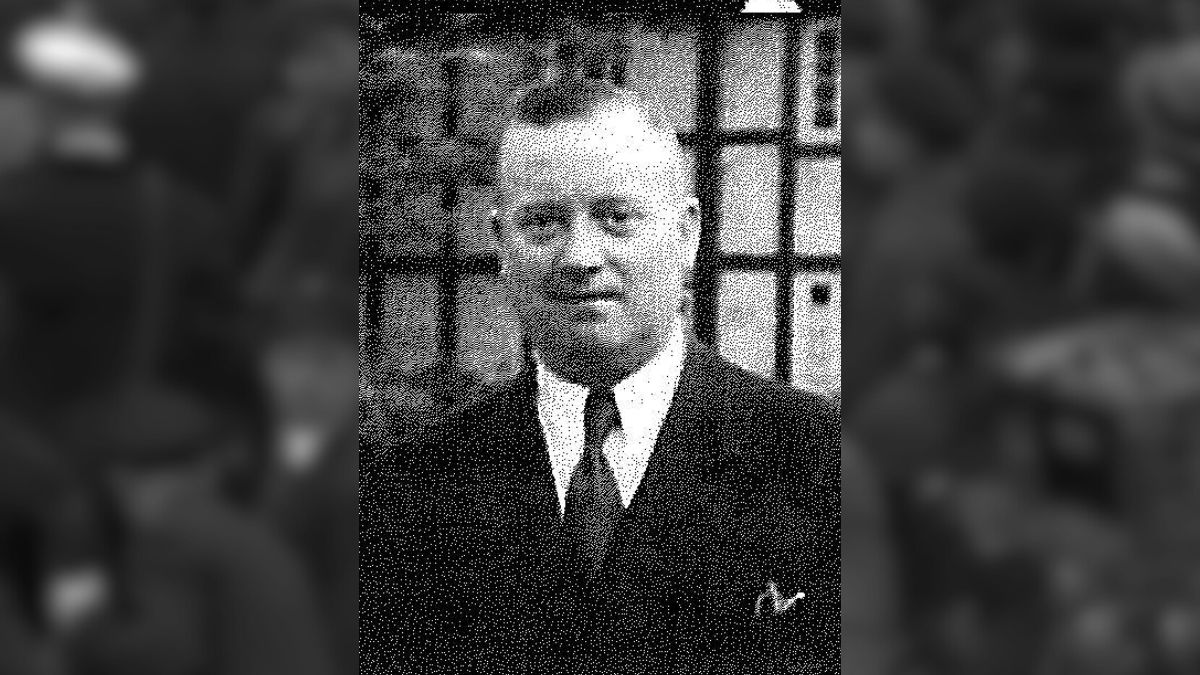

BreakPoint
Judicial Review on the Offensive
The Supreme Court surprised court watchers by agreeing to an expedited hearing of cases involving partial-birth abortion and gay rights. Last Friday they announced that, instead of waiting until next term, the Court will hear Stemberg v. Carhart and Boy Scouts v. Dale this spring. The ruling will be handed down by the end of June. Stemberg will test the constitutionality of Nebraska's ban on partial-birth abortion, a euphemism for what is really infanticide. It's the first case of its kind to reach the high court. The issue in the Dalecase is whether the Boy Scouts are, as the New Jersey Supreme Court held, a "public accommodation," required under the state's "law against discrimination" to accept homosexuals as Scoutmasters. There are many concerns here, but the most pressing is why the Court would want to speed up the process and hear these cases involving such controversial issues in the middle of an election year. Well, there's a troubling precedent. In 1992, the Supreme Court startled observers by asking the parties in a Pennsylvania case to present arguments on whether Roe v. Wade should be overturned—an issue that wasn't even before the Court. Why? Some suspect the Court was deliberately injecting itself into the campaign. In Planned Parenthood v. Casey that year, the Court announced it was settling the abortion issue once and for all—ruling that abortion rights stand. The message, as columnist George Will put it, was, "We've decided the issue. Now shut up and go home." Maybe the Court thought candidates would be afraid to criticize them over such politically divisive issues in a campaign. This precedent tells us that the Court may be about to repeat itself—imposing its own solutions before the national elections. If so, then we need to step up the debate over the next few months, on both these issues. We shouldn't doubt for a moment that the Court monitors public opinion. They read the same editorials we do, and they need to know when the public is irritated and aroused. Can your voice make a difference? You bet it can. Three years ago, many believed the Court would find a constitutional right to physician-assisted suicide, but protests by moral conservatives and disabled rights groups, even on the steps of the Supreme Court, forced the justices to back off, on the grounds that the country wasn't ready for a ruling. They realized they could not impose their will against strong moral objections. I hope the Court's announcement puts an end to any notion that we can be "conscientious objectors" in the culture war. If the Court upholds the Dale case, the distinction between public and private will soon disappear. Churches could be labeled "public accommodations" and forced to hire homosexuals. And if Christians retreat into their churches, then the courts will come looking for us. By raising these issues in the middle of a presidential campaign, the Court has underscored the real importance of this fall's election. Many people have given up on politics, bored with the campaign. But we must not forget that the next president will appoint at least three members to the Supreme Court, and that will have serious implications for Christians and moral conservatives for generations to come. Maybe by taking up these cases now the Court has done us a favor by reminding us what's really at stake in the great battle for this culture.
01/20/00















